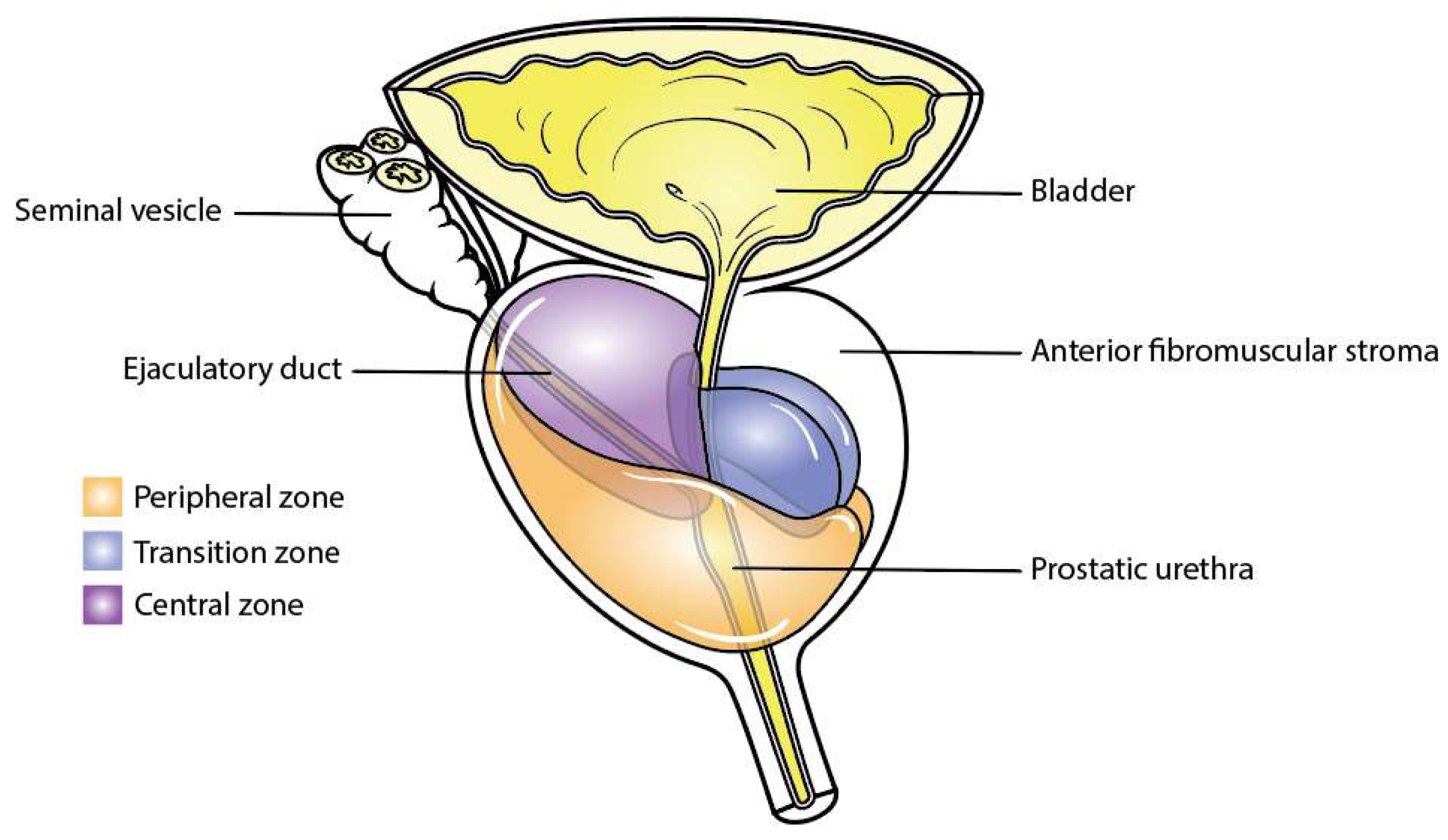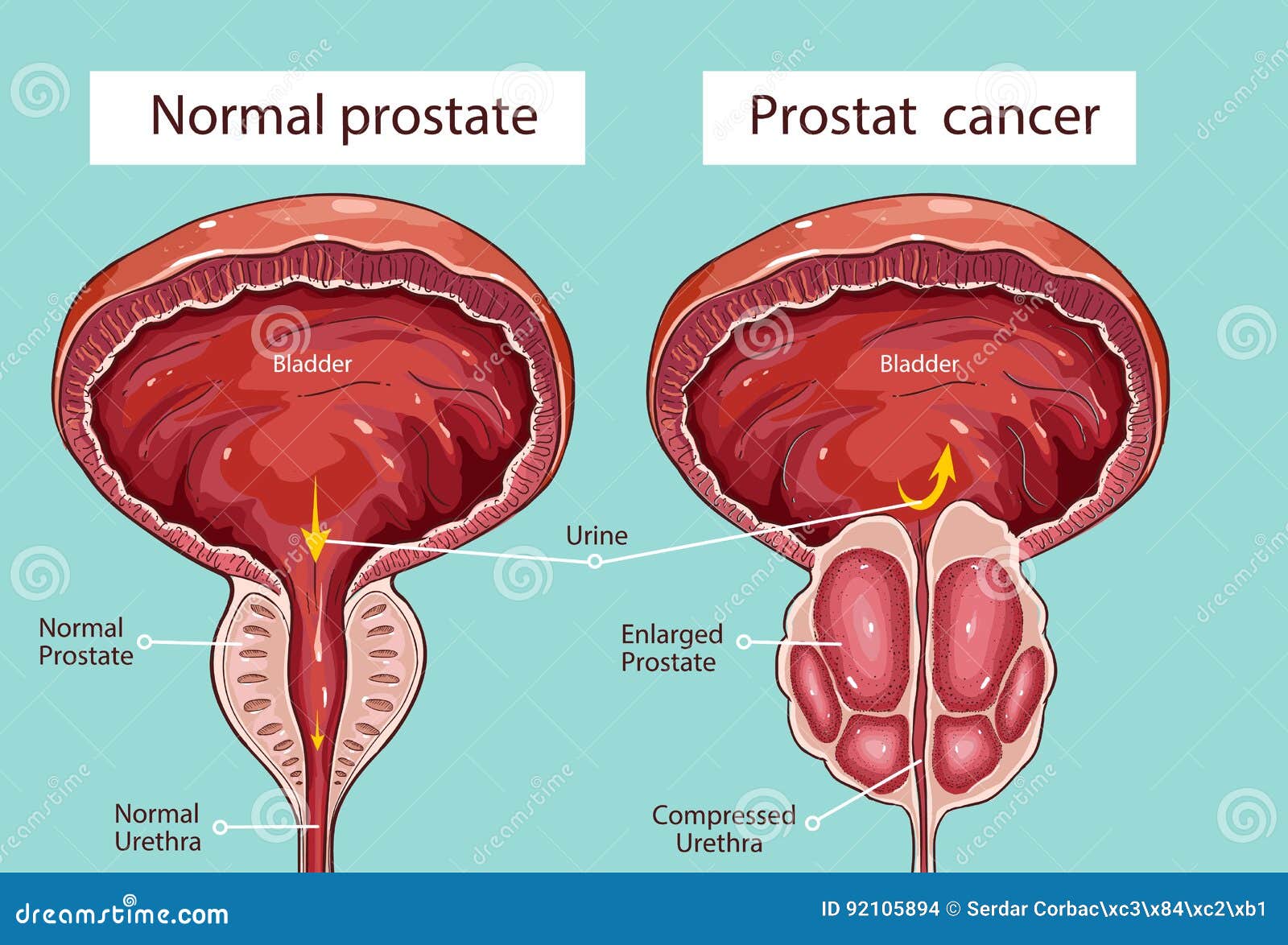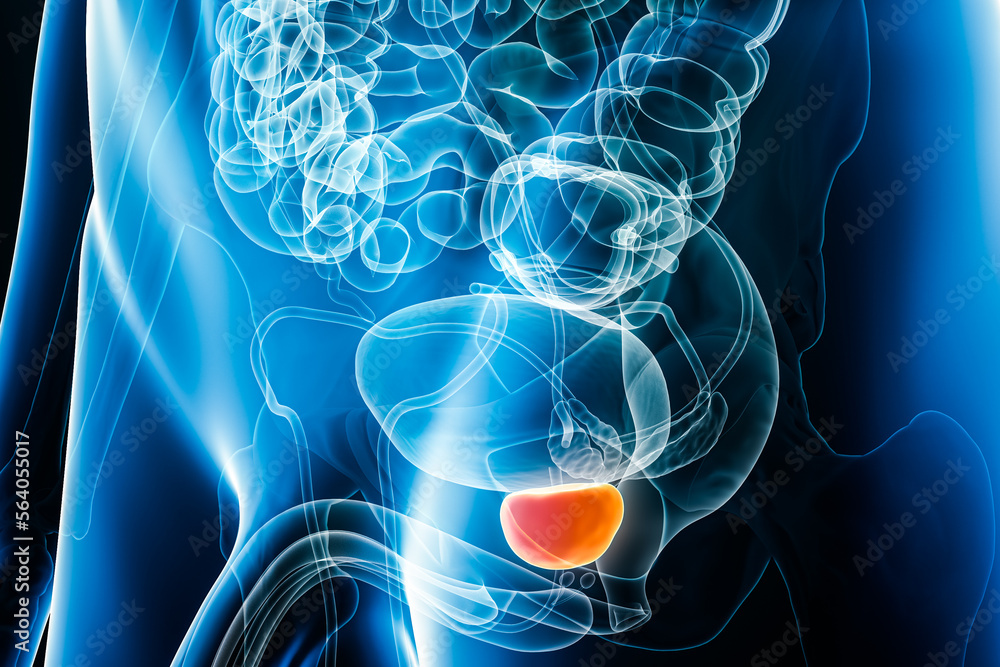Prostate Cancer Signs In Men: What Every Man Should Know For Early Detection
Detail Author:
- Name : Tamia Murphy
- Username : thaddeus.wiza
- Email : susanna.harris@yahoo.com
- Birthdate : 2007-06-19
- Address : 378 Halvorson Pass Suite 758 Stantonburgh, NM 57352-6940
- Phone : +1-703-916-9919
- Company : Raynor, Parker and Anderson
- Job : Human Resource Manager
- Bio : Eos commodi a deleniti quo accusantium autem delectus. Sint iusto quisquam totam mollitia accusamus atque dolor commodi. Culpa error molestias nihil ut tenetur.
Socials
instagram:
- url : https://instagram.com/djacobi
- username : djacobi
- bio : Id eum molestias enim quis atque ut. Porro velit dicta enim rem.
- followers : 2550
- following : 975
linkedin:
- url : https://linkedin.com/in/jacobi2005
- username : jacobi2005
- bio : Id eum accusamus et minus.
- followers : 4352
- following : 2544
It's a fact many men might not think about often, but understanding your body, particularly when it comes to something as vital as prostate health, really matters. Prostate cancer, you know, is the second most common cancer among men. Knowing what to look for, even if the signs are subtle, can truly make a difference in your health journey. It’s about being proactive, and that's a good thing, to be honest.
For many men, the thought of prostate cancer can bring a bit of worry, yet often, the early stages of this condition don't show any obvious signs. This is particularly true of early prostate cancer, as it usually causes no symptoms until the tumor grows enough to press on something important, like the tube you urinate through. So, in a way, it’s a quiet condition for a while, which is why awareness is so crucial.
Whether you are being screened regularly or not, it's incredibly important to be aware of the signs and symptoms of prostate cancer. Being familiar with these potential indicators can help you know when it’s time to talk with your primary care provider. If you notice any of them, it’s always best to check with your health care provider right away, because, you know, early detection is key.
Table of Contents
- Understanding the Prostate: A Key Male Gland
- The Challenge of Early Detection: Why Symptoms Are Often Absent
- Urinary Changes: Potential Early Cues
- Other Important Signs to Watch For
- Why You Should Always Talk to Your Doctor
- The Role of Screening and Regular Check-Ups
Understanding the Prostate: A Key Male Gland
The prostate gland, a small organ, is found only in males, you know. It’s a gland located below your bladder and in front of your rectum. This little organ, actually, surrounds the urethra, which is the tube that carries urine from the bladder through the penis. It’s a key component of the male reproductive system, and it plays a role in maintaining fertility in sexually mature males, as well as in the act of procreation itself, adding fluid to your semen.
As a man gets older, his prostate typically grows, and this can increase the risk of various problems. Conditions like prostate cancer, benign prostatic hyperplasia (BPH), and prostatitis may affect it. Learning about the normal development and function of the prostate, where it’s located, and what it’s attached to, can help you understand how prostate cancer, or other issues, might affect it. It’s pretty important to know your anatomy, you know.
The Challenge of Early Detection: Why Symptoms Are Often Absent
Many men with prostate cancer have no symptoms at all, which is a bit of a tricky situation. This is particularly true of early prostate cancer. Symptoms usually appear when the tumor causes some degree of pressure or blockage. So, typically, prostate cancer normally causes no symptoms until it reaches a certain size or location, which can be a bit concerning for early detection.
Men with early prostate cancer will often have no symptoms because of the way the cancer grows. You’ll usually only get early symptoms if the cancer grows near the tube you urinate through, the urethra, and presses against it, changing the flow. Symptoms of early prostate cancer are not common, but they can happen when a tumor presses on the urethra, the tube that carries urine from the bladder through the penis. It's almost like a silent growth for a while.
Urinary Changes: Potential Early Cues
When you develop prostate cancer, your prostate can squeeze your urethra, and this can lead to various symptoms, especially those related to urination. These changes are often the first things men might notice, and they are important cues. From increased nighttime bathroom visits to trouble emptying your bladder completely, these signs provide invaluable cues for men to pursue evaluations well before disease progression limits therapy choices. Prostate cancer symptoms, you see, vary person to person, so it's good to be aware of the range.
Frequent Urination
One common symptom that might pop up is needing to urinate more often than usual. This can mean more trips to the bathroom throughout the day, or just feeling like you need to go again shortly after you've just been. It's a noticeable shift for many, and can be quite inconvenient, to be honest. If you find yourself heading to the restroom more often than you used to, it’s something to keep in mind, because that could be a sign.
Weak or Interrupted Urine Flow
Another sign linked to the prostate pressing on the urethra is a weak urine stream. You might notice that the flow isn't as strong as it once was, or it might start and stop several times before you’re done. This can be a bit frustrating, and it’s a clear indication that something might be affecting the normal pathway for urine. A diminished force of your urine stream is definitely something to pay attention to, you know.
Trouble Emptying Your Bladder Completely
Feeling like your bladder isn't quite empty, even after you’ve just gone to the bathroom, is another symptom that can arise. This sensation, that feeling of still needing to go, can be a bit persistent. It's like your bladder isn't fully relieved, and this can be caused by the prostate making it harder for the bladder to completely empty its contents. So, if you're experiencing this, it’s worth noting.
Increased Nighttime Bathroom Visits
Waking up multiple times during the night to urinate, a condition known as nocturia, is also a common symptom that can be related to prostate issues. While it can be caused by other things, too, it’s often one of the more noticeable changes for men. These increased nighttime bathroom visits can certainly disrupt your sleep, and if they become a regular occurrence, it’s a good idea to consider why, because it could be a signal.
Other Important Signs to Watch For
While urinary changes are often the most common early symptoms if they appear at all, there are other signs that men should be aware of. Some of these are less common in early prostate cancer, or they might suggest that the cancer has progressed or spread. It's important to remember that these symptoms can also be caused by conditions other than prostate cancer, but they still warrant a doctor's visit, you know.
Unexplained Pelvic Discomfort
Unexplainable pelvic pain is another symptom that can be a cue for men to seek evaluation. This isn't just a minor ache; it's a persistent discomfort in the lower abdominal or pelvic area that doesn't have an obvious cause. It's the kind of pain that just hangs around, and it can be a bit unsettling. So, if you’re experiencing new or persistent pelvic pain without a clear reason, it's something to discuss with your doctor, you know.
Signs That May Suggest Spread
In some cases, if prostate cancer has advanced, it might cause symptoms in other parts of the body, indicating that it has spread beyond the prostate. These signs are generally not seen in early, localized prostate cancer, but they are very important to recognize. If you have any of the following, especially in combination with other symptoms, it’s crucial to see your doctor right away. It's about catching anything that might be happening, pretty much.
Bone and Back Discomfort
Signs that the cancer may have spread include bone and back pain. This pain isn't just a typical muscle ache; it's often persistent and can be felt in the hips, spine, or other bone areas. It’s a symptom that suggests the cancer cells might have traveled to the bones, which is a common site for prostate cancer to spread. So, if you have new or worsening bone or back pain, it’s something to take seriously, you know.
A Loss of Appetite
An unexplained loss of appetite can also be a sign of more advanced cancer. This isn't just skipping a meal here and there; it's a noticeable decrease in your desire to eat, which can lead to other issues. It’s a systemic symptom that can accompany various serious conditions, including cancer that has spread. So, if you find yourself consistently not wanting to eat, it's something to talk about with your doctor, pretty much.
Pain in the Testicles
While less common, pain in the testicles can sometimes be a sign that prostate cancer has spread, or it could be related to other prostate issues. Any new or persistent pain in this area warrants a medical evaluation, as it could indicate a variety of conditions, some of which are serious. It's a sensitive area, so any discomfort there should definitely be checked out, you know.
Unintentional Weight Loss
Losing weight without trying, especially a significant amount over a short period, is another sign that the cancer may have spread. This isn't about dieting or exercising more; it's weight loss that you can't explain. It’s a general symptom of many serious health problems, and it’s certainly one that should prompt an immediate visit to your doctor. So, if you're shedding pounds without a reason, pay attention, that's a signal.
Why You Should Always Talk to Your Doctor
It’s important to stress that if you have any symptoms that worry you, you should be sure to see your doctor right away. These symptoms, you know, may be caused by conditions other than prostate cancer. For example, an enlarged prostate (BPH) or an infection (prostatitis) can cause very similar urinary symptoms. These are common prostate problems that are not cancer, and they also need proper diagnosis and treatment. Learn about prostate changes and symptoms that are not cancer, plus risk factors and treatment for prostatitis, enlarged prostate (BPH), prostate cancer, you know.
The key takeaway here is that any new or concerning symptom related to your prostate or urinary health should be evaluated by a healthcare professional. They can help determine the cause and recommend the right course of action, whether it's monitoring, further testing, or treatment. It's about getting answers and peace of mind, really. Learn more about prostate health on our site.
The Role of Screening and Regular Check-Ups
While today, most men are diagnosed with prostate cancer before they begin to have symptoms, this is often thanks to regular screenings like PSA tests and digital rectal exams. It’s still important to be familiar with the potential signs, because screening isn't always foolproof, and symptoms can appear between screenings. Medically reviewed prostate cancer signs and symptoms show this common cancer in older men is highly treatable when caught early. Being aware of the early signs of prostate cancer can help you know when it’s time to talk with your primary care provider, even if you’re already getting screened. It’s a good practice, pretty much.
Regular check-ups with your doctor are a good way to stay on top of your prostate health. They can discuss your personal risk factors, such as age and family history, and help you decide if and when screening is appropriate for you. Remember, early detection offers the widest range of therapy choices and generally leads to better outcomes. So, staying informed and proactive is your best bet for maintaining your health as we move through 2024. You can also link to this page for more information on prostate cancer treatment options.
People Also Ask
Q: What are the very first signs of prostate problems?
A: The very first signs of prostate problems, including prostate cancer, are often urinary changes. These can include needing to urinate more often, especially at night, or noticing a weak or interrupted urine stream. However, it's important to remember that early prostate cancer often has no symptoms at all, which makes regular check-ups so important, you know.
Q: What does prostate pain feel like?
A: Prostate pain can feel like discomfort or pain in the pelvic area, lower back, or even the testicles. It might also manifest as a burning sensation during urination or ejaculation. If prostate cancer has spread, the pain could be in bones, like the hips or spine. It's a range of feelings, so any persistent pain should be looked at, pretty much.
Q: Is fatigue a symptom of prostate cancer?
A: While fatigue isn't typically an early or direct symptom of localized prostate cancer, it can be a sign if the cancer is more advanced or has spread. Unexplained fatigue, along with other symptoms like unintentional weight loss or loss of appetite, could indicate a more serious condition, and it's certainly worth discussing with your doctor, you know.

Anatomia | Free Full-Text | Molecular Anatomy of Prostate Cancer and

Normal Prostate and Acute Prostatitis. Medical Illustration Stock

Xray prostate organ 3D rendering illustration with male body contours